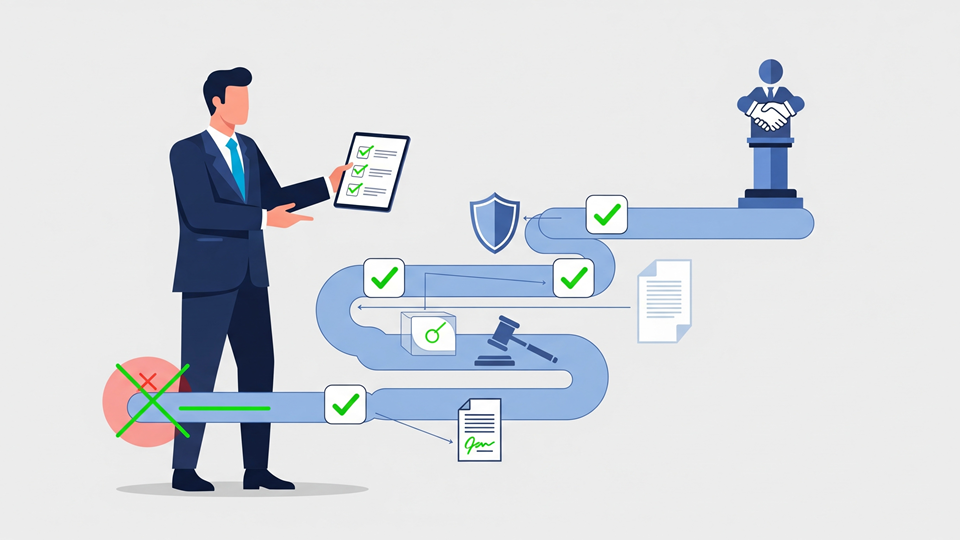Introduction
As startups expand globally, understanding and complying with international hiring regulations is essential. GDPR, EEOC, and other regional labor laws affect how companies collect candidate data, prevent discrimination, and manage employment practices. Failure to comply can result in fines, legal action, and reputational damage.
Key Global Compliance Considerations
1. GDPR (General Data Protection Regulation)
GDPR governs data privacy for EU residents. Startups must obtain explicit consent to collect candidate data, ensure secure storage, and provide the right to access or delete personal information. Violations can lead to fines up to €20 million or 4% of annual revenue.
2. EEOC Regulations
The U.S. Equal Employment Opportunity Commission enforces anti-discrimination laws in hiring and employment. This includes prohibitions against discrimination based on race, gender, age, disability, or religion. Structured interview processes and documentation help demonstrate compliance.
3. Regional Labor Laws
Each country may have unique requirements, including minimum wage laws, mandatory benefits, or local anti-discrimination rules. Startups hiring internationally must research and adhere to these local regulations to avoid legal issues.
Practical Steps for Global Hiring Compliance
1. Implement a Centralized HR Policy
Create a global HR policy that outlines hiring, data handling, and compliance standards. Ensure local adaptations for specific regional laws while maintaining overall consistency.
2. Train HR Teams
Educate HR staff and hiring managers on global regulations, data privacy requirements, and anti-discrimination policies. Regular training updates are crucial as laws evolve.
3. Use Technology Solutions
Applicant tracking systems (ATS) with compliance features can manage consent forms, anonymize applications, and maintain secure records. Tools like Greenhouse, Workable, and Lever provide audit trails and reporting capabilities to ensure compliance across borders.
4. Consult Legal Experts
Engage employment lawyers or compliance specialists when hiring in new jurisdictions. They can guide contracts, policies, and onboarding procedures to meet local legal requirements.
Case Studies
Startups like Shopify and Automattic implement GDPR-compliant data collection and maintain strict documentation for global hiring. Automattic, a fully remote company, ensures EEOC compliance for U.S.-based employees while adapting processes for international hires, minimizing risk and reinforcing trust with candidates.
Conclusion
Navigating global hiring compliance is complex but essential. By understanding GDPR, EEOC, and regional labor laws, implementing structured processes, leveraging technology, and seeking legal guidance, startups can recruit internationally while mitigating risk. A proactive approach to compliance not only protects the business legally but also strengthens credibility and attracts top talent worldwide.





